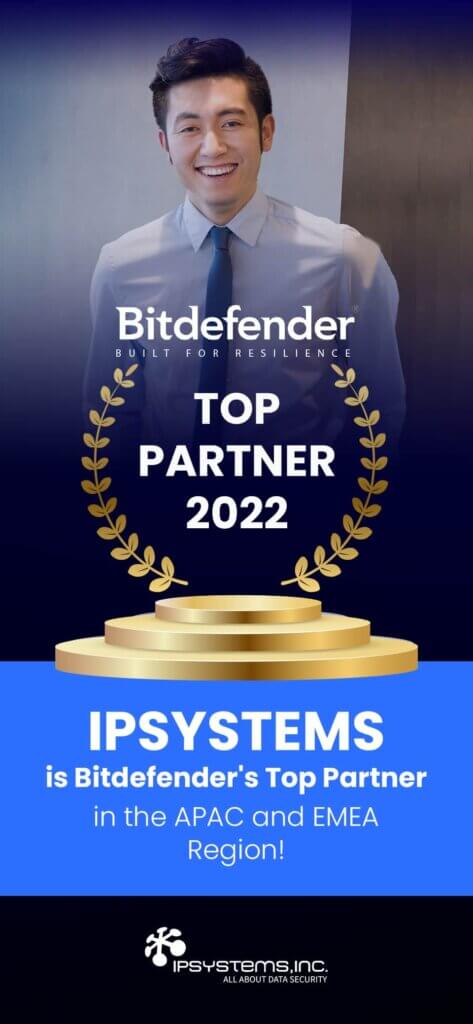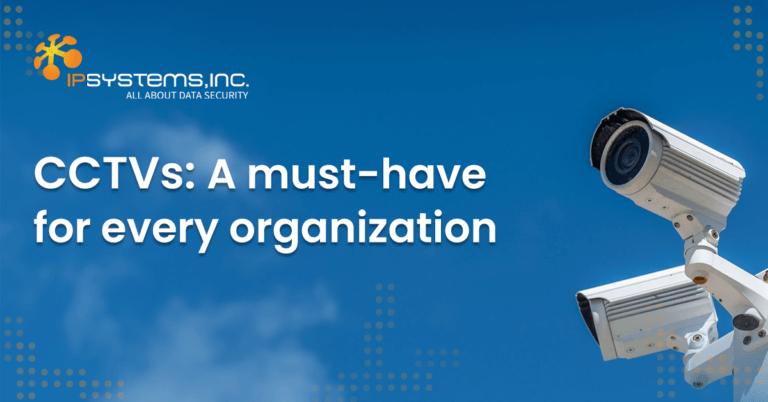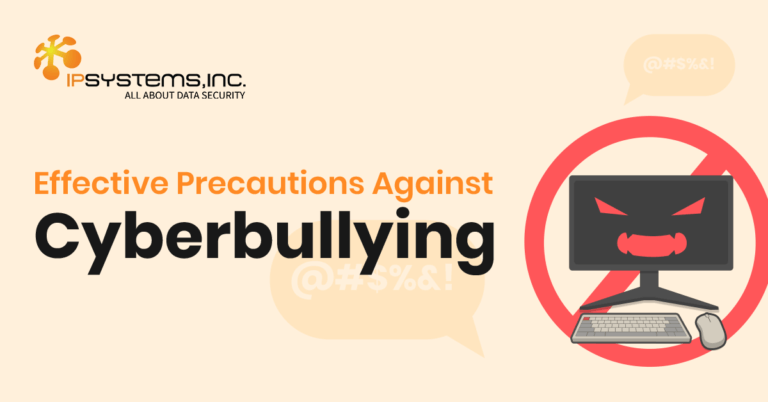
Innovating your Business with Green Data Centers
Blog: Innovating your Business with Green Data Centers Data centers are centralized facilities equipped with essential hardware like servers, storage devices, and networking equipment.
Tom Clancy probably gave you your first peek into the dark world of espionage. However, things have evolved since he passed away in 2013. It’s no longer nation-states trying to secure dark secrets from each other. Companies must now battle the scourge of stolen data, financial damage, and a battered reputation.
Cyber espionage in the corporate world is a tangible reality, making it important that you learn everything you can about it. This article provides a concise overview of everything you need to know about cyber espionage and how it affects your business.
Chinese general, Sun Tzu, wrote in his timeless work, The Art of War, that you can be confident of the outcomes of a hundred battle if “you know the enemy and you know yourself.” He goes further to highlight the fact that not knowing (or understanding) the enemy is self-defeating and effectively nullifies your victories. However, what do the tales and philosophies of this great man of war have to do with cyber espionage?
Well, the strongest nations of the world have developed sophistication in gathering intelligence, analyzing it, and conducting espionage. But, the modern battlefield has changed tremendously. Modern war between modern nation-states now leverages the internet. Only recently, several countries, including Australia and Israel called out China for unrelenting cyber attacks.
The internet gives wings to freedom of speech, enabling everyone to have the opportunity and means to communicate and seek information. But, the internet is a two-edged sword: it has made everyone less secure and more vulnerable than before it came on the scene.
Edward Snowden and other notable whistleblowers have revealed that everyone is under surveillance. The spies cut across governments, the military, law enforcement, intelligence agencies, criminals, hackers, and terrorists. Cyber espionage now clearly transcends countries stealing each other’s secrets, as industrial espionage now involves a cyber element to it.
From our introduction, it’s clear that technology is the key component of cyber espionage. It enables individuals or groups to engage in an attack or a series of them to access systems and classified data in an unauthorized manner. Such stolen information enables attackers to deprive the target of any significant operative power or advantage.
Businesses would be concerned about competitors gaining a competitive advantage through this means. However, it’s essentially to point out that several governments are now notorious for carrying out cyber espionage on multinationals or companies operating in other countries that have an edge in the market over homegrown competitors.
There are many outcomes or consequences of cyber espionage. These include:
Cyber espionage is usually the work of:
This list highlights the fact that government agencies and companies are the primary targets in cyber espionage.
Cyber technology opened up new doors to the spying enterprise. The use of technology and internet connectivity has made it easier, faster, and generally more effective to collect intelligence than before.
It’d be easy to catch a spy hanging around your company’s premises with the aim of eavesdropping on sensitive conversations, looking for valuable contacts and making them reveal valuable information. Today’s cyber spies evade suspicion or capture by unearthing information while seated at their computers.
Cyber espionage enables attackers to stay underground and avoiding the risks of being physically present to perpetrate evil. It also affords them the ability to ravage the system for a long time. Even in the event that the target becomes aware of their activities, they can remain anonymous.
One more thing that distinguishes cyber espionage from traditional spying operations is the quantity of data and intelligence involved. There’s just no metric by which the latter can match cyber espionage.
Speaking of factors that make cyber espionage possible, the primary reason an attacker can access an organization’s systems is because of known vulnerabilities in the systems. Malware distribution, phishing attacks (particularly spear phishing), and zero-day attacks are some of the most common exploitations used in cyber espionage. These are the same characteristics present in Advanced Persistent Threats (APTs).
APT organizations are responsible for a significant number of cyber espionage operations. These groups use it as a means of collecting intelligence and persist within target systems for long periods.
One of the paramount concerns at organizations is data protection. Among the numerous methods used by cyber espionage actors to penetrate systems, a few common ones you may be familiar with include:
Social engineering employs tools of psychology to manipulate human targets into revealing sensitive information, access details, or data that arm attackers with knowledge about the target’s systems.
Spear phishing is a type of social engineering cyber espionage attack. However, it adds a twist to typical phishing campaigns by aiming at a specific individual or a small group.
The attacker still sends the same emails with malware-laced attachments, but they have a higher probability of success in getting the target into opening the attachments or clicking links. The emails often contain material that’s of high interest to the target.
This type of attack is not so common, but they’re a real thing, nonetheless. All it takes is for a cybercriminal to target a group of end users – probably employees – and ascertaining the websites they visit the most.
These websites become targets for malware infection, the goal being to redirect these users to a phony website and gain access to the user’s organization’s network.
Cyber espionage applies to companies and non-profits as much as it applies to governments. In other words, it’s a matter of concern to everyone. Your data may not be of value to attackers; however, your customer data or the networks you have access to can help multiply the scale of attack of cyber spies.
Good cybersecurity hygiene is important to contain cyber espionage attempts. Consider taking fundamental steps such as choosing the perfect security solution in the mold of firewalls, anti-malware, antivirus, and data security solutions. Ensure you’re taking good care with your email security, while maintaining good password policies in place at your organization.
Working with a cybersecurity partner in the Philippines can help you get started with a suitable incident response plan to deal with modern threats and evolving strains of malicious actors.



Blog: Innovating your Business with Green Data Centers Data centers are centralized facilities equipped with essential hardware like servers, storage devices, and networking equipment.

Blog: CCTVs: A must-have for every organization Nearly every business and organization, regardless of size, has already implemented CCTV Services within their premises because

Blog: Combating Bullying in Digital Classrooms: Empowering Students for a Safer Learning Environment Bullying is a pervasive issue that inflicts emotional, psychological, and physical

Established in 2007, IPSYSTEMS, Inc. is a trusted and valued cybersecurity and IT distributor in the Philippines. It has solutions specifically focused on IT Infrastructure Security, Secure Remote Access and Monitoring, and Email and Data Security.